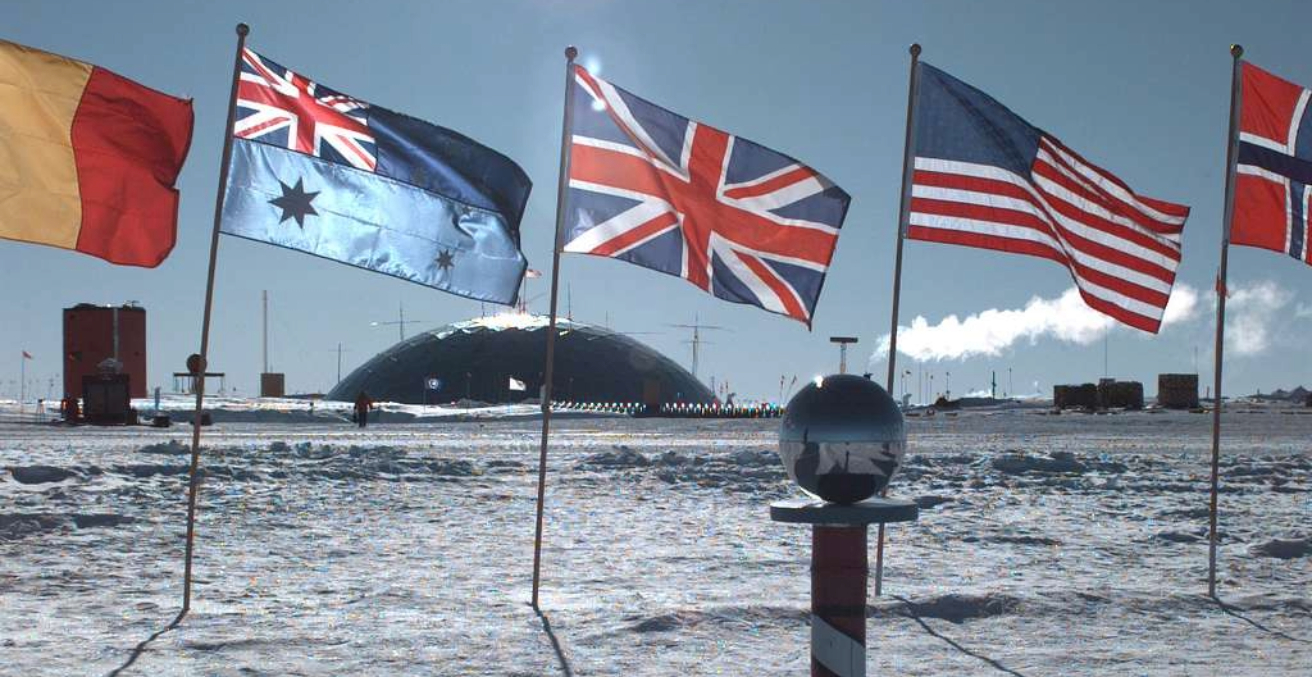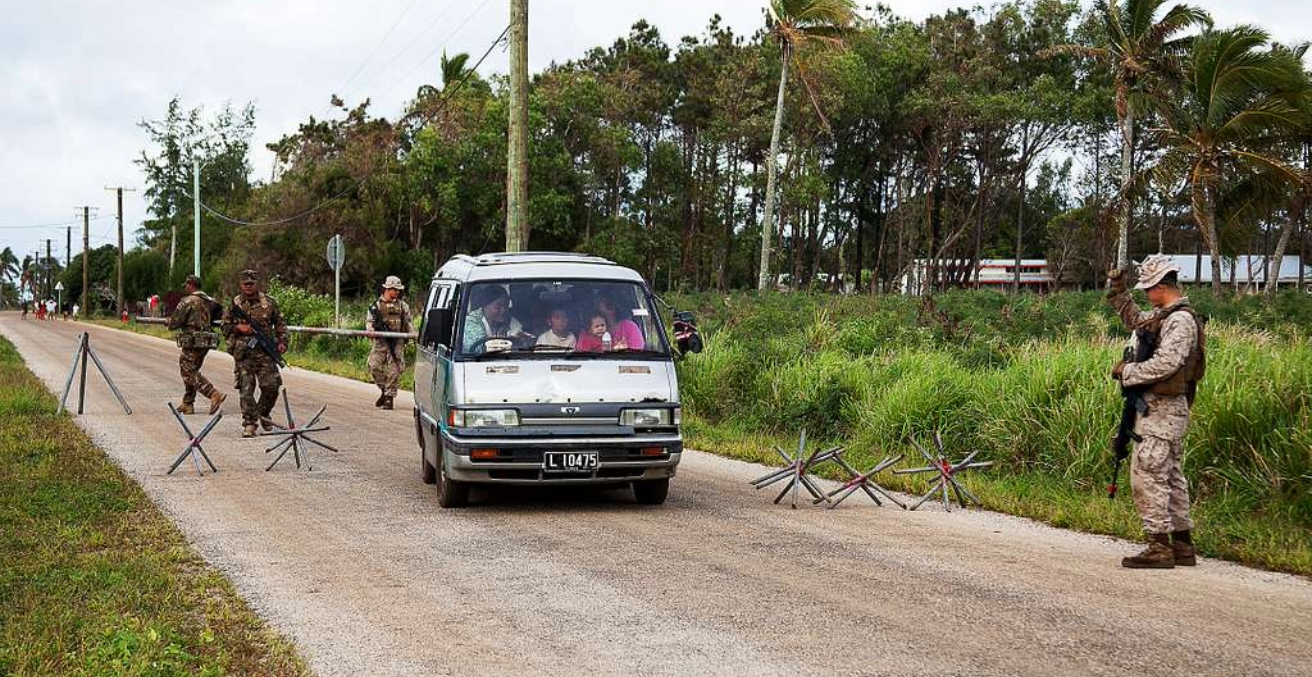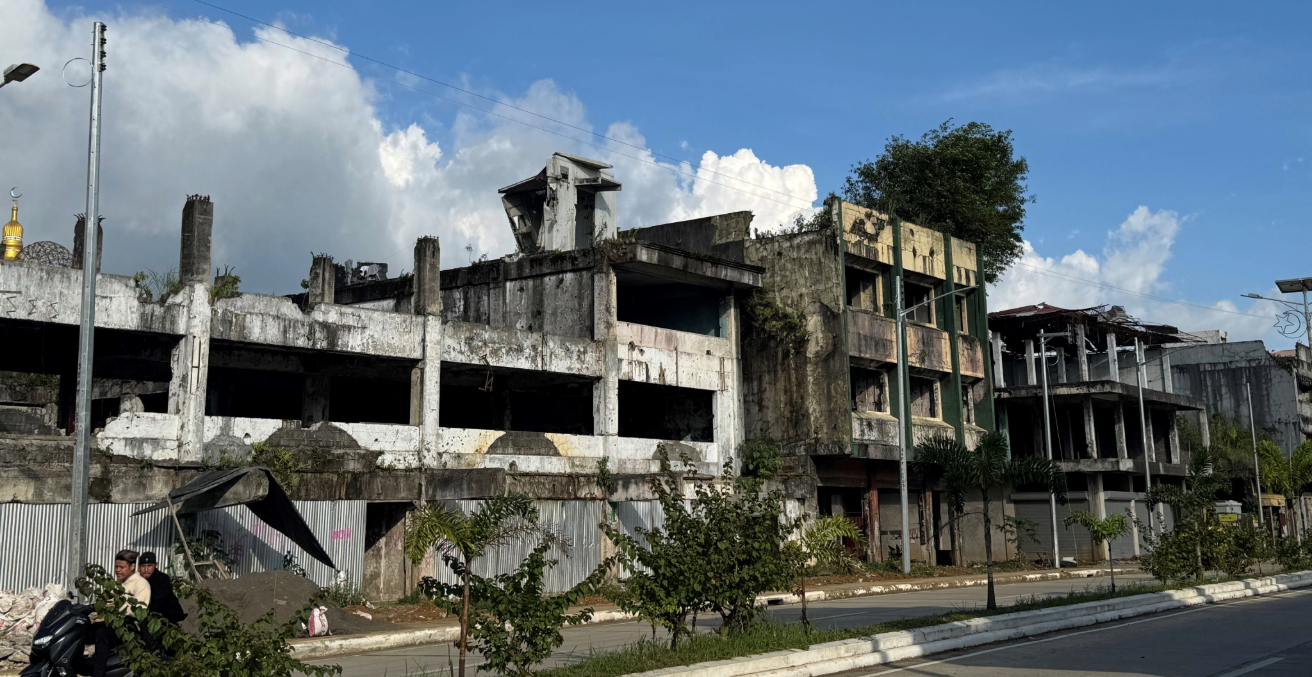Prime Minister Anthony Albanese can already claim some sort of diplomatic coup even before he visits the Philippines on September 8. After all, he will be the first Australian prime minister to embark on an official bilateral visit to the nation in two decades.
Granted, there have been previous bilateral meetings between the heads of governments of both countries, such as that between Malcolm Turnbull and Rodrigo Duterte on the sidelines of the ASEAN Summit in Manila, coinciding with the Philippines chairmanship of the regional grouping in 2017. These have been largely in the nature of a second billing to a larger central multilateral meeting of several heads of states.
Under President Ferdinand Marcos Jr, Philippine foreign policy has shifted to be more closely aligned with the West, in contrast with the explicitly pro-China policy of his predecessor.
This has not meant a wholesale about-face. Marcos last year said Philippines-China diplomatic ties were set to “shift to a higher gear.” And after meeting with President Xi Jinping in January this year, the two nations signed 14 bilateral cooperation agreements with China making US$22.8 billion in new investment pledges. In March, it was reported that the Philippine government had opted to refile an application for loans from Chinese official development assistance for three major railway projects instead of offering them to the private sector.
At the same time, however, the Philippines has shelved the Duterte-era appeasement strategy on territorial disputes in the West Philippine/South China Sea. Marcos has stated he would not “preside over any process that will abandon even a square inch of territory of the Republic of the Philippines to any foreign power.” The nation has increased the number, and volume, of official protests against provocative Chinese actions. Most recently, when Beijing released a “new standard map” depicting its unilateral claims to most of the disputed waters at the end of last month, the Philippines was one of the first nations to issue a statement denouncing the move.
This policy recalibration has facilitated the newfound interest of West-aligned and multi-aligned states to strengthen cooperation with the Philippines. In this year alone, a pilgrimage of officials from the US, UK, Canada, Japan, and India – all notably from partnerships and groupings such as the Quad, Five Eyes, and AUKUS – have made it a point to undertake official visits to Manila, overtly in the name of friendship but with security interests at their core.
It has also coincided with a shift in how Australia prosecutes its foreign policy, with its new focus on reinvigorating its diplomatic presence and engagement in Southeast Asia and the South Pacific. Foreign Minister Penny Wong has declared ASEAN the “foundation” of strategic equilibrium in the Indo-Pacific. And this month, the Australian government released a new Southeast Asia investment strategy, with the prime minister stating that “our economic future lies with Southeast Asia.”
The official visit to the Philippines is part and parcel of a re-awakened appreciation of the geostrategic significance of smaller island countries to the overall security interests of Australia, not least in its military dimension. The Philippines is a key component of the “first and second island chains” which Washington has had to consider in formulating its Indo-Pacific strategy.
Prime Minister Albanese’s meeting with President Marcos is as much about the promotion of bilateral ties as it is the prosecution of Australia’s multilateral interests.
It is noteworthy that when the AUKUS initiative was announced, the Philippines expressed the most immediate support for the trilateral security arrangement while other ASEAN member states were more cautious, critical or ambivalent. The Philippines sees AUKUS as restoring the balance of power in the region as it counters the expansionist manoeuvres and maritime over-ambitions of China.
Apart from the US, with which it has a Mutual Defense Treaty, Australia is the only other country with which the Philippines has an operational Status of Visiting Forces Agreement that provides a legal framework for the conduct of substantial and regular joint military training exercises, among others.
Last month, Australia and the Philippines participated in Exercise Alon, the first joint naval training exercise between the two countries, witnessed by Defence Secretary Richard Marles and President Marcos. Both nations are also planning to conduct joint maritime patrols.
The congruity of interests of both countries have been manifest since recent past history. The nations have fought side by side in various regional and global conflicts and have sent contingents to various UN-sponsored peacekeeping operations.
For Australia, the Philippines is a partner in supporting democracy, the rule of law, the peaceful resolution of disputes and the maintenance of regional peace and stability. The Philippines, being an influential founding member of ASEAN, is also seen to be able to somewhat temper negative sentiments among its peers on matters such as AUKUS and other similar security arrangements.
Prime Minister Albanese’s visit to the Philippines could not have come any sooner.
Elena Collinson is head of analysis at the Australia-China Relations Institute, University of Technology Sydney.
This article is published under a Creative Commons Licence and may be republished with attribution.




